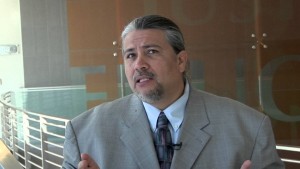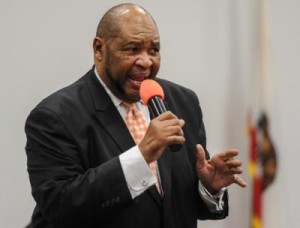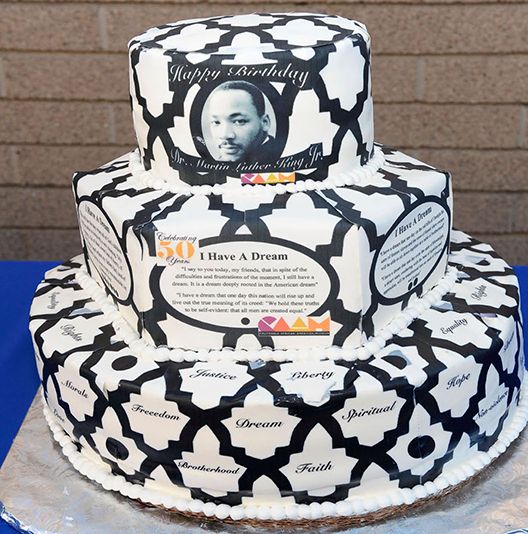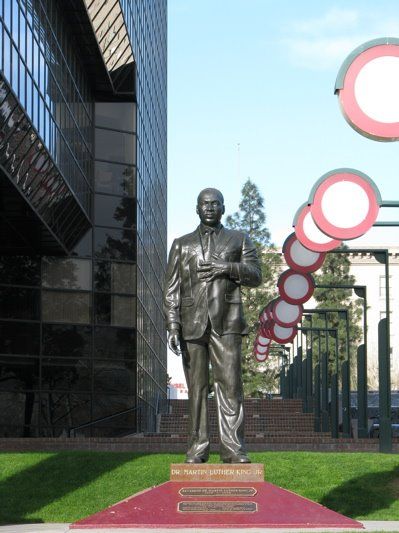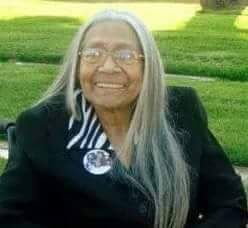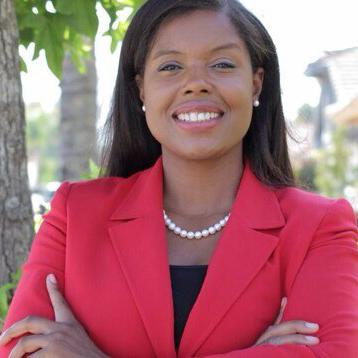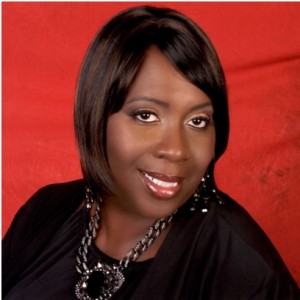SAN BERNARDINIO, CA- Yes that is Michelle Obama’s voice passengers hear when riding on Omnitrans buses. Her public service announcement is among messages delivered through an onboard GPS-based audio advertising service recently implemented by Omnitrans.
Through a contract with Commuter Advertising, based in Dayton, Ohio, Omnitrans buses play short audio advertisements which can be delivered at specified times or locations. For example, a restaurant could advertise a breakfast special between 6 and 8 a.m., or a book store could let passengers know they are located near the next bus stop. A scrolling onboard LED text message supports the audio advertisement.
This month, Omnitrans audio advertising includes a public service announcement from First Lady Michelle Obama called “Better Make Room.” It’s part of the First Lady’s Reach Higher initiative to inspire every student in America to continue their education past high school. “You’re about to arrive,” she tells young people. “And the world better make room.” Listen to the PSA.
Omnitrans shares in the revenue generated by paid advertising. “But a greater value to Omnitrans is the ability to use the system to deliver key information to our own customers,” said spokesperson Wendy Williams. “We can inform riders of upcoming service changes, promote our online store, or offer travel tips. It’s really the most effective way to reach all our customers.”
Since the system taps into Omnitrans existing GPS technology, there is no cost to Omnitrans other than staff time to upload the latest batch of messages. Commuter Advertising produces the audio files, which are typically 15 seconds long.
Omnitrans is the first transit system on the west coast to offer onboard advertising. Commuter Advertising operates in 11 media markets in the United States. Founded in 2008, Commuter Advertising sends hyper-targeted digital messages over bus notification systems that inform passengers of products, services and sales at nearby businesses using the vehicles’ GPS technology and software created by the company.
 Westside Story Newspaper – Online The News of The Empire – Sharing the Quest for Excellence
Westside Story Newspaper – Online The News of The Empire – Sharing the Quest for Excellence

